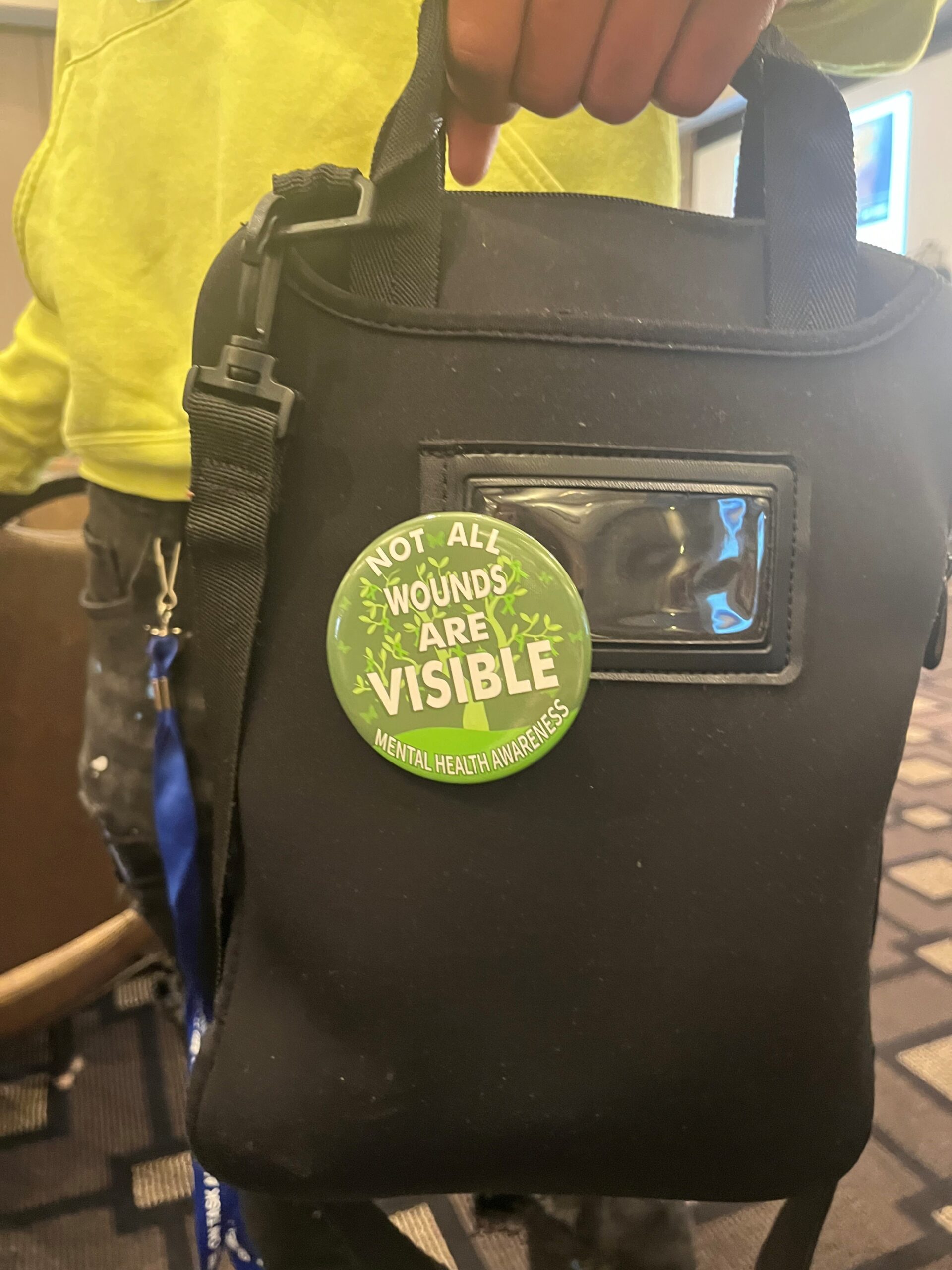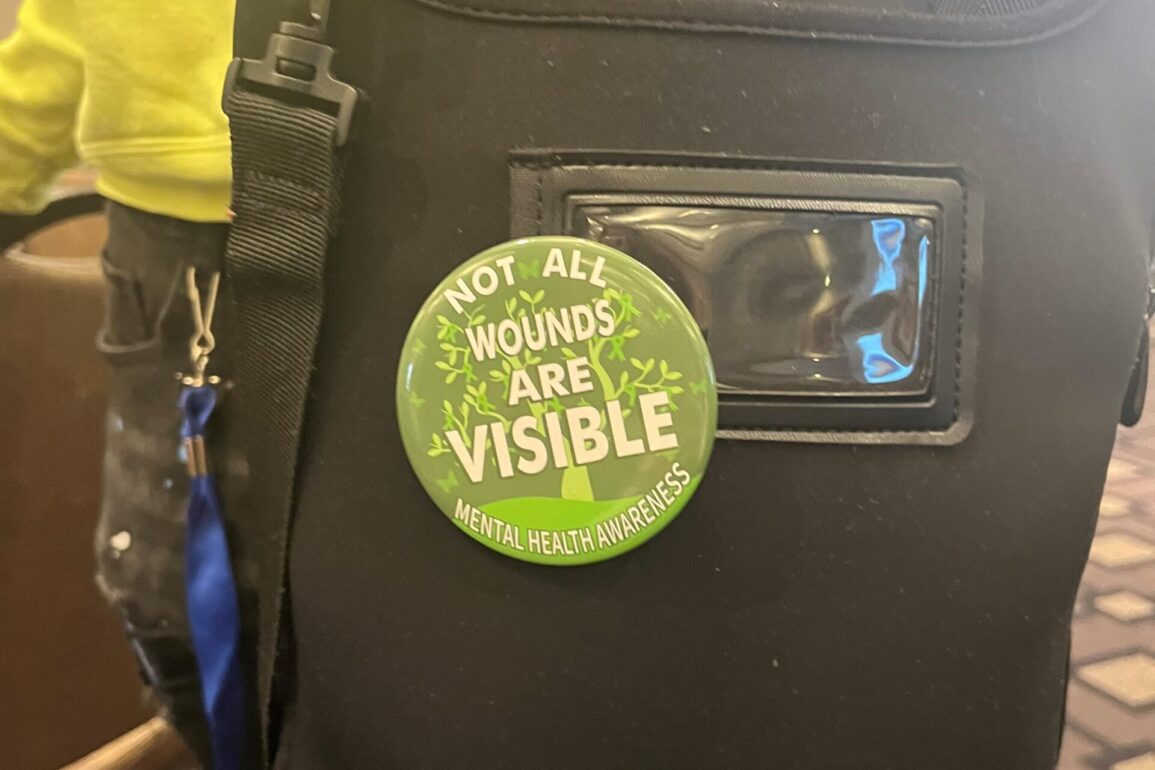About 200 Black and Latino young men from 10 Milwaukee Public high schools spent Monday morning doing what many people don’t expect of them.
The students practiced breathing techniques. They learned about generational trauma. And they talked about addressing mental health stigma for men of color.
The exercises were part of a third annual mental health symposium hosted by Marquette University’s Black and Latino/a Ecosystem and Support Transition — or BLEST — Hub and MPS’ Department of Black and Latino Male Achievement.
Stay informed on the latest news
Sign up for WPR’s email newsletter.
Gabriel Velez, faculty director for BLEST Hub, said the event is a way to address the youth mental health crisis.
“This is something that is being run out of the office of Black and Latino Male Achievement, recognizing there is a stigma there,” Velez said. “They are a racial and ethnic minority, where mental health often isn’t talked about. And they are also males. And that’s a different sort of beast to tackle.”
After the pandemic, MPS realized the need for mental health support. That’s when this symposium was created, said Paul Moga, a coordinator with the district’s Black and Latino Male Black Achievement office.
“It was a need, and we saw the students are very astute,” Moga said. “I was surprised to learn how many students were asking about mental health support and had some knowledge of the need for therapy. The kids are very much more in tune than we give them credit for.”

Freshman Roshaun Price and sophomore Rudy Baker attend Washington High School on Milwaukee’s west side.
Both said talking about how they are feeling isn’t something that is encouraged, but they want to do it.
“When we grow up, certain people around us, like parents, say you gotta be strong, you can’t show your weakness,” Price said. “So that’s how we go off. We have this little barrier over our shoulders and we just move with it.”
On Monday, the men learned breathing techniques. Baker said it was helpful and he would try to keep the exercise in mind for the future.
“Sometimes things don’t go how I want them to go, but I push through it and breathe like I’m doing today to help me calm down,” Baker said. “It keeps me motivated, or if I have a problem with anybody, it keeps me from fighting. I can just breathe and listen to my thoughts instead of doing the wrong thing. I can do the right thing.”
Before breaking off into small groups, the students heard from Harry Evans, founder of Milwaukee-based mental health organization Heal Black Man.
Evans told the young men even though many of them are conditioned to be tough and not talk about their feelings, “it’s OK to not be OK.”
“You don’t have to fit the narrative of the Black man,” Evans said. “It’s OK to change the story. Every day you get is a day to change the narrative.”



